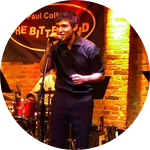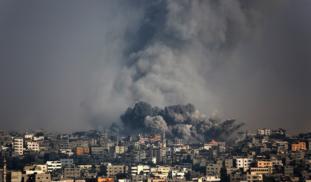139
0
0
Like?
Please wait...
About This Project
Depending on the media source one consumes, the interpretations of politically divisive events, like the 2014 Israel-Gaza Conflict, will be decidedly different. I'm interested specifically in how the events were interpreted by internet media in Israel/Palestine across the spectrum of political perspectives. After developing a greater understanding of how these media sources differ, I will be able to begin to explain why they diverge, and the significance of these divergences.


